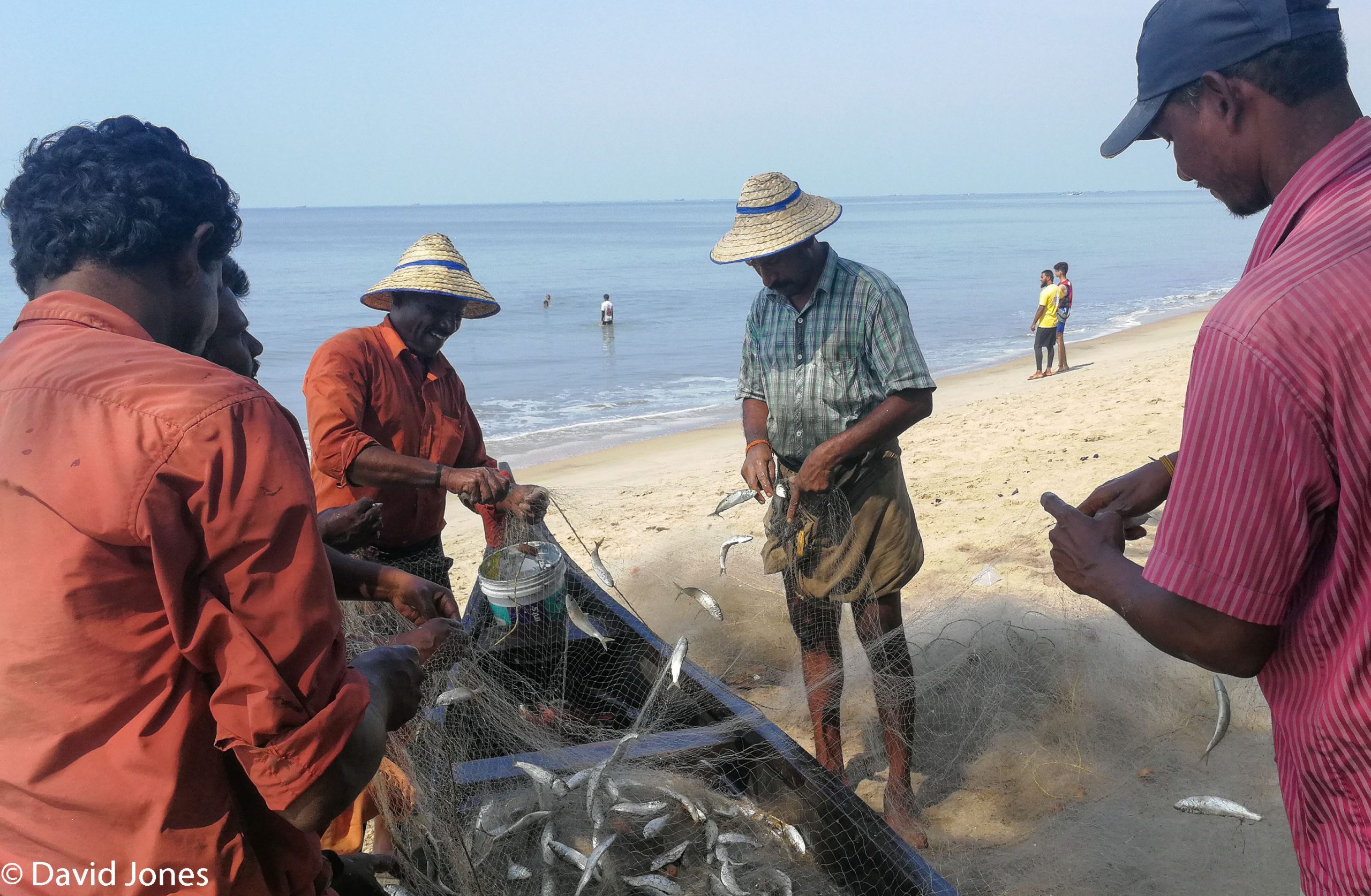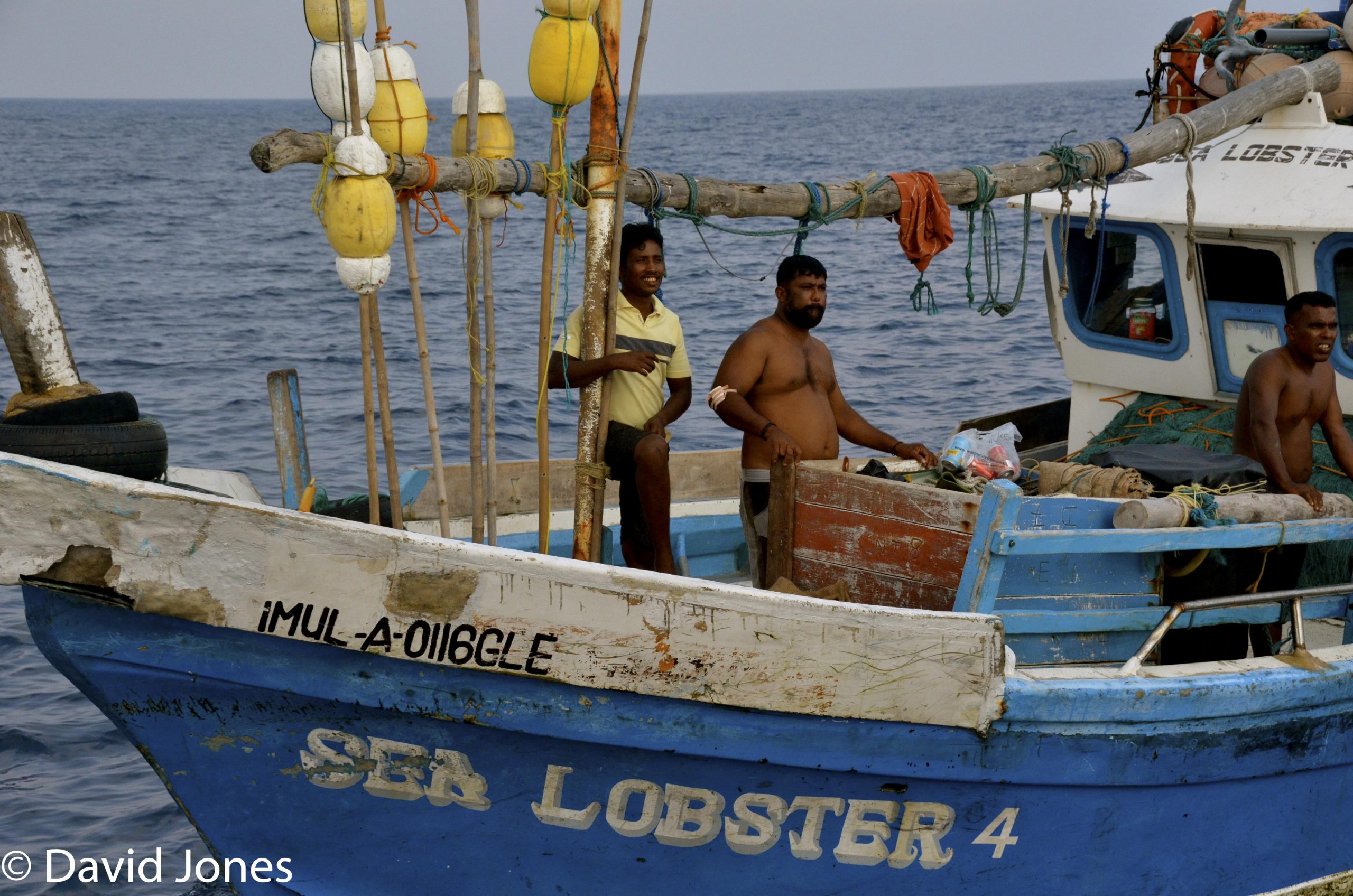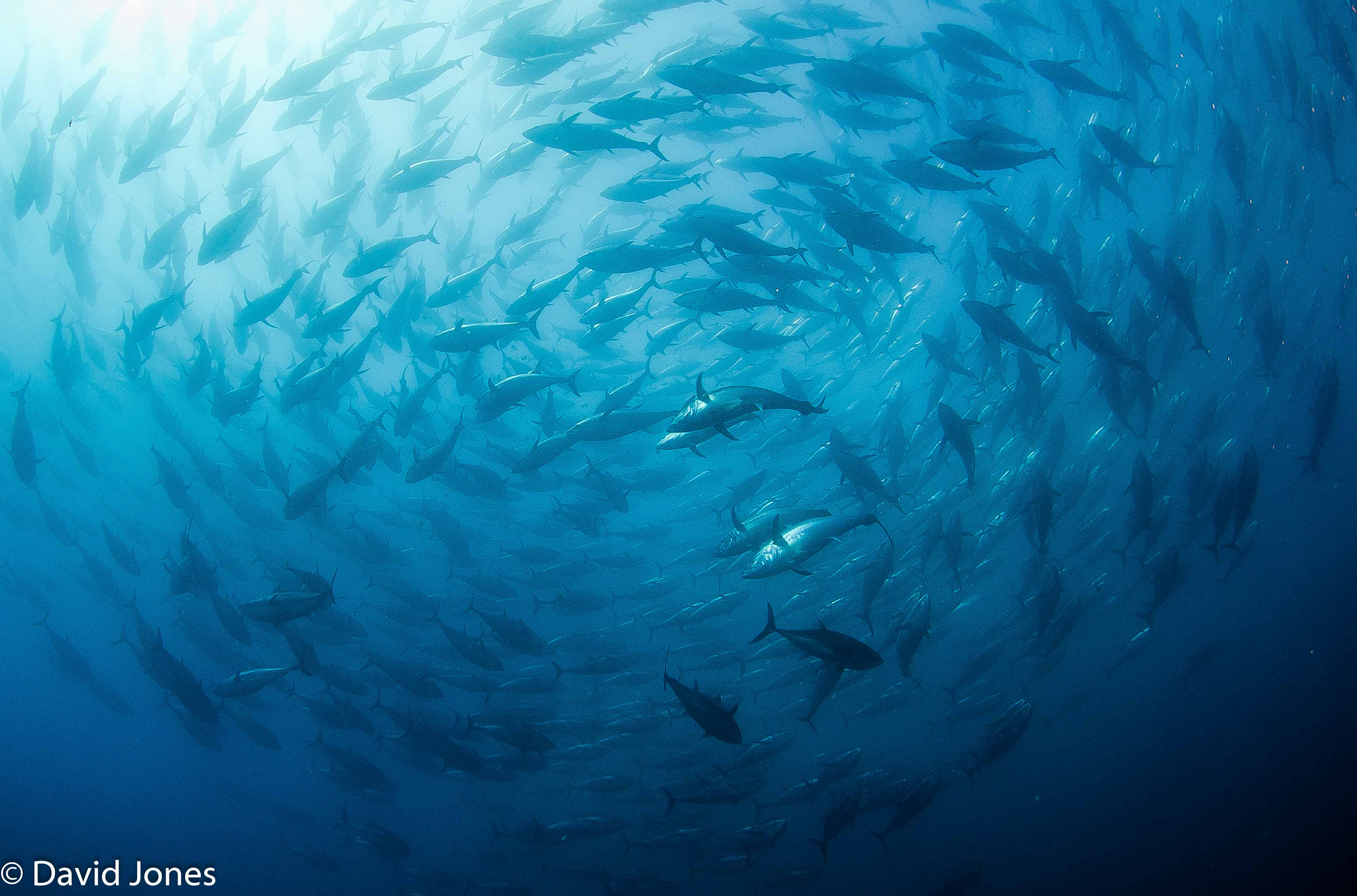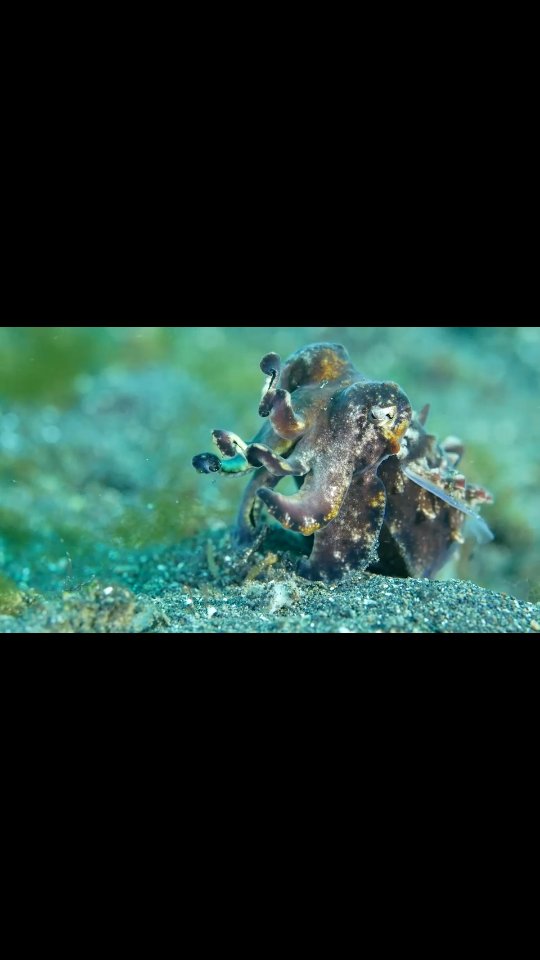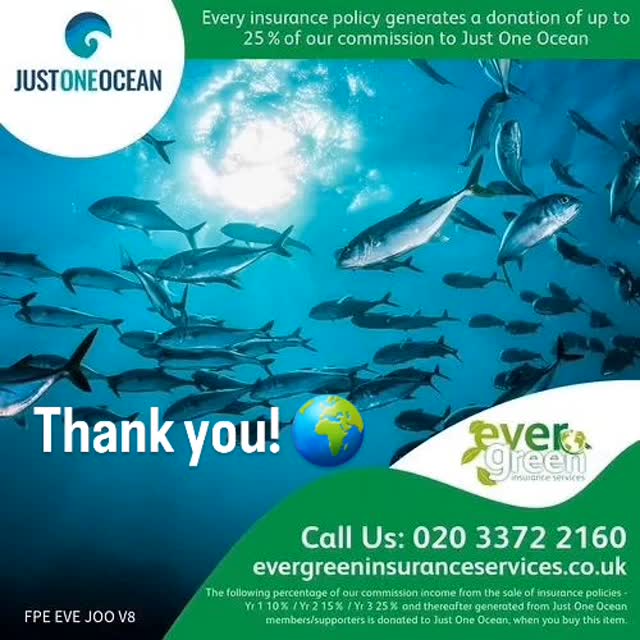On 2 December 2020 it was announced that the governments of 14 countries, who between them were responsible for around 40% of the worlds coastlines, had signed an initiative that would help to stop overfishing, restore ocean habitats and ecosystems, and reduce the harmful impacts of human activities on the ocean.
The High Level Panel for a Sustainable Ocean Economy (Ocean Panel) was established in 2018. Their aim is to work together with numerous stakeholders including the scientific community, governments and financial institutions in order to pursue an agenda for transitioning to a sustainable ocean economy.
The members of the panel include Australia, Canada, Chile, Fiji, Ghana, Indonesia, Jamaica, Japan, Kenya, Mexico, Namibia, Norway, Palau, and Portugal. They have all signed the agreement and while there are some significant big hitters missing from the list, it has to be seen as a positive step forward. We have always been of the opinion that there are three main threats to the continuation of a healthy ocean; habitat destruction through climate change, over fishing and plastic pollution. With regards to overfishing we have commented in the past on numerous concerning issues, such as the relaxation of tuna fishing regulation and the inability of regional fisheries management organisations to act with a precautionary approach when they are faced with significant political and economic pressure. In our view it is unacceptable and criminal that that some fish stocks are still being fished even though they are currently below their maximum sustainable yield.
These problems are exacerbated when you look at the issue of policing and fisheries management in ABNJs and the issues associated with illegal, unreported and unregulated (IUU) fishing. How does the international community, with all its conflicting economic, social and environmental priorities, address the issue effectively and manage ocean resources sustainably? Without an holistic and strategic marine spatial planning (MSP) framework at international level we will continue to work within a structure of divided, priority driven, single sector system and the ocean will continue to suffer as a result.

